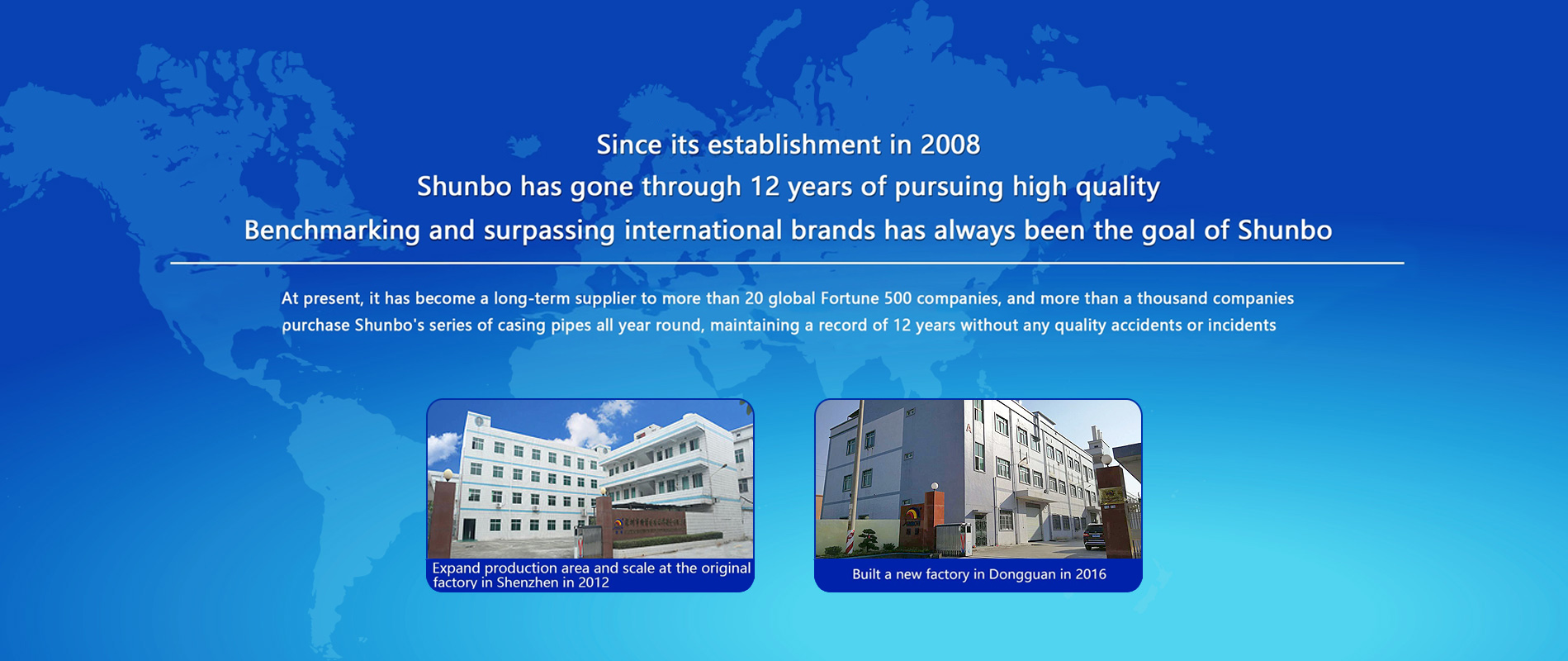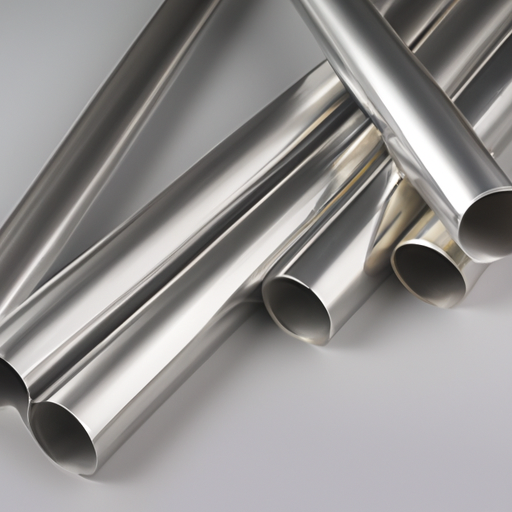
What are the Thermal and Electrical Conductivity Properties of Polyimide Film Sleeves?
Polyimide film sleeves have gained significant attention in various industries due to their unique properties, particularly their thermal and electrical conductivity. These characteristics make them ideal for applications in electronics, aerospace, automotive, and more. In this blog post, we will explore the thermal and electrical conductivity properties of polyimide film sleeves, their applications, and the factors that influence these properties.
Introduction to Polyimide Films
Polyimide films are high-performance polymers known for their exceptional thermal stability, mechanical strength, and chemical resistance. They are synthesized through the polycondensation of an aromatic dianhydride and a diamine, resulting in a polymer that can withstand extreme temperatures and harsh environments. Polyimide films are available in various forms, including flexible sheets, tapes, and sleeves, making them versatile for numerous applications.
Key Properties of Polyimide Films
1. **Thermal Stability**: Polyimide films can maintain their mechanical properties and structural integrity at elevated temperatures, often exceeding 300°C (572°F). This thermal stability is crucial for applications in environments where heat dissipation is a concern.
2. **Electrical Insulation**: Polyimide films are excellent electrical insulators, making them suitable for use in electronic components and devices. Their high dielectric strength allows them to withstand high voltages without breaking down.
3. **Chemical Resistance**: Polyimide films exhibit resistance to a wide range of chemicals, including solvents, oils, and fuels. This property enhances their durability in various industrial applications.
Thermal Conductivity of Polyimide Film Sleeves
Definition and Importance
Thermal conductivity refers to a material's ability to conduct heat. It is a critical property in applications where heat dissipation is necessary, such as in electronics and aerospace. The thermal conductivity of polyimide films is relatively low compared to metals, but it can be tailored to meet specific application requirements.
Factors Influencing Thermal Conductivity
1. **Material Composition**: The specific formulation of the polyimide, including the choice of dianhydride and diamine, can significantly affect thermal conductivity. Some formulations may incorporate fillers or additives to enhance thermal performance.
2. **Thickness of the Film**: Thicker films generally exhibit lower thermal conductivity due to the increased distance heat must travel. However, the thickness must be balanced with the mechanical and electrical requirements of the application.
3. **Temperature**: The thermal conductivity of polyimide films can vary with temperature. As the temperature increases, the molecular motion within the polymer can enhance thermal conductivity to some extent.
Applications Requiring Thermal Conductivity
Polyimide film sleeves are widely used in applications where thermal management is critical. Some notable examples include:
Insulation in Electronics: In electronic devices, polyimide sleeves are used to insulate components and prevent heat buildup, ensuring reliable operation and longevity.
Aerospace Applications: In aerospace, polyimide films are used in thermal protection systems, where they help manage heat generated during flight and protect sensitive components.
Automotive Industry: Polyimide sleeves are employed in automotive wiring and connectors, where they provide thermal insulation and protect against heat generated by engine components.
Electrical Conductivity of Polyimide Film Sleeves
Definition and Importance
Electrical conductivity refers to a material's ability to conduct electric current. In contrast to thermal conductivity, polyimide films are primarily known for their electrical insulating properties. However, understanding their electrical conductivity is essential for applications where electrical insulation is critical.
Factors Influencing Electrical Conductivity
1. **Material Composition**: The addition of conductive fillers, such as carbon black or metal particles, can alter the electrical conductivity of polyimide films. However, this may compromise other properties, such as thermal stability.
2. **Moisture Absorption**: Polyimide films can absorb moisture, which can affect their electrical properties. High humidity levels can lead to increased conductivity, potentially compromising insulation.
3. **Temperature**: Similar to thermal conductivity, electrical conductivity can also be influenced by temperature. Generally, as temperature increases, the electrical conductivity of polyimide films may increase due to enhanced molecular motion.
Applications Requiring Electrical Insulation
Polyimide film sleeves are widely used in applications where electrical insulation is paramount. Some notable examples include:
Flexible Printed Circuits (FPCs): Polyimide films are commonly used as substrates for flexible printed circuits, providing electrical insulation while allowing for flexibility and lightweight designs.
Insulation for Wires and Cables: In the electrical and electronics industry, polyimide sleeves are used to insulate wires and cables, protecting them from short circuits and ensuring safe operation.
Aerospace and Defense: In aerospace and defense applications, polyimide films are used to insulate sensitive electronic components, ensuring reliable performance in extreme conditions.
Comparison of Thermal and Electrical Conductivity
While polyimide films are primarily known for their electrical insulation properties, their thermal conductivity is also an important consideration in many applications. Here’s a comparison of the two properties:
| Property | Thermal Conductivity | Electrical Conductivity |
|------------------------|----------------------|-------------------------|
| Typical Value | Low (0.12-0.25 W/m·K)| High Insulation (Dielectric Strength > 200 kV/mm) |
| Influence of Temperature| Increases with temperature | Increases with temperature |
| Application Focus | Heat management | Electrical insulation |
Conclusion
Polyimide film sleeves are remarkable materials that offer a unique combination of thermal and electrical conductivity properties. Their ability to withstand high temperatures while providing excellent electrical insulation makes them invaluable in various industries, including electronics, aerospace, and automotive. Understanding the factors that influence these properties is essential for optimizing their performance in specific applications.
As technology continues to advance, the demand for high-performance materials like polyimide films will only increase. By leveraging their unique properties, engineers and designers can create innovative solutions that meet the challenges of modern applications, ensuring safety, reliability, and efficiency in a wide range of environments. Whether it's managing heat in electronic devices or providing insulation in aerospace components, polyimide film sleeves are poised to play a crucial role in the future of material science and engineering.



